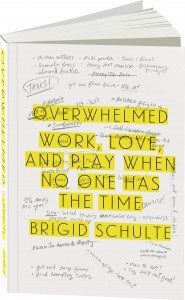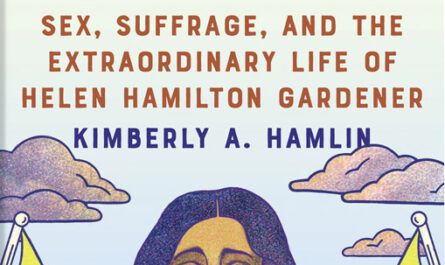
So many wonderful projects on the to-do list already for the new year. The novel to finish revising and start sending out. The chapter to write on my favorite medieval romance, Melusine, to prepare for the volume I’m co-editing. My next book on monstrous women in medieval romance that I want to write a proposal for. The two short story collections I might as well keep trying to circulate, though I’m kicking around the idea of self-publishing. And among this all the other novels that keep springing into my head, the characters knocking about, starting scenes, demanding their own stories. Then, in and around all this, I need to pack up this house, buy and move into a new one, start looking for paying jobs on top of the writing projects, and find preschools, daycare, a pediatrician, activity groups, and friends for the small beings under my parental guardianship, who would also benefit from a few minutes a day of concentrated quality time from me. Along with the spouse, who is usually the first thing to be neglected.
But I quail not at the length of this list, because I remember the lessons I learned from the last year and a half’s bout with post-partum-depression/anxiety/acute-chronic-insomnia/general craziness and overwhelmedness. As my struggled my way from the underworld to the light I learned for myself the wisdom encapsulated in one of the best books I read last year: Brigid Schulte’s Overwhelmed: Work, Play and Love When No One Has the Time. Schulte is a Pulitzer-Prize winning journalist for The Washington Post, a member of the New America Foundation, and also a mom, all of which count as solid credentials, if you ask me.
The short-answer, sound-byte version of Schulte’s lessons and mine: prioritize. You cannot be all things at all times to all people. Seems obvious, right? Completely intuitive. And yet if you watch virtually any first-world woman in her modern life for just an hour or two–especially if she is a mother–you’ll start to feel tired. If she’s a mother with more on the side–a job, a blog, a business, an organization, a cause–she might easily start to feel thin and stretched and somehow vanishing from her own life, like Bilbo hanging on too long to The Ring. She might, in the milder version of First-World Time-Deprivation Sickness, simply observe that even though she feels perpetually busy, she never feels like she accomplishes much (and not just because housework is a never-finished, always-replenishing time suck). In her more harrowing moments, she’ll wonder why these pockets of Time never add up to a Life.
The answer to making Time Serenity out of Time Confetti (Shulte’s terms) joins a familiar chorus from the self-help literature: Slow Down. Simplify. Pay Attention. Take Deep Breaths. Be. Here. Now. But as one emerges from the meditative stillness feeling renewed, or at least aware of the function of breathing, there is still the to-do list. And that is where my favorite lesson comes in. It’s also good advice for parents dealing with small children: Pick your battles. Choose. Decide what’s most important, what can be let go, and arrange your list in that order. This most obvious, most sane, most completely logical piece of advice actually, in my experience, takes practice to achieve. But it leads to tiny pockets of calm, some shred of sanity in the stillness. When dinner is boiling on the stove and the kids are fighting and the phone is ringing and there’s that check I have to write and e-mail to send and deadline to meet and my friend I meant to call days ago . . . I take that breath and ask, what is most important? What needs to be handled now? Of those, what needs to come first?
This is my line of bread crumbs out of the craziness. It orients me, gives me something small and concrete I can do now. And it makes me simultaneously see the big picture around the little one. What are the priorities? That my kids are safe and healthy, I’m emotionally available for my nearest and dearest, I’m doing work I love, and the house doesn’t burn down. In that order. When I have my little bread crumbs laid out, I can better see the vision toward which I am striving–the best self I am trying to become–and also the beauty that is immediately around me: how happy my son is pushing his toy train in the baby stroller, my daughter demanding “I’m pretty! I’m a princess!” as she twirls in her frilly dress and striped socks, the immense gratitude I feel at living in a safe house in a safe neighborhood, with food on the table, a husband I love, and friends and family just a phone call away. It’s astonishing, really, how easy it is to lose sight of the significant things and get snowed by the stupid detail (has anyone liked my blog post yet? better check again).
Besides being full of sound advice, Schulte’s book is also full of excellent research, excellently interpreted, and it will change the way you think about this country’s work culture, legislation, and attitudes toward value. Woven among this is her personal story about coming to terms with time sickness and learning how to cure herself, and it’s a winning narrative in its own right. The paradox is, of course, that the busy woman who needs this advice doesn’t have time to read the book. But my advice is: make it a priority. Because who else is running your life for you, if you’re not building it yourself out of all these small evaporating-yet-eternal moments that we’ve given, stringing a Life out of these tiny and seemingly insignificant and infinitely precious beads?

